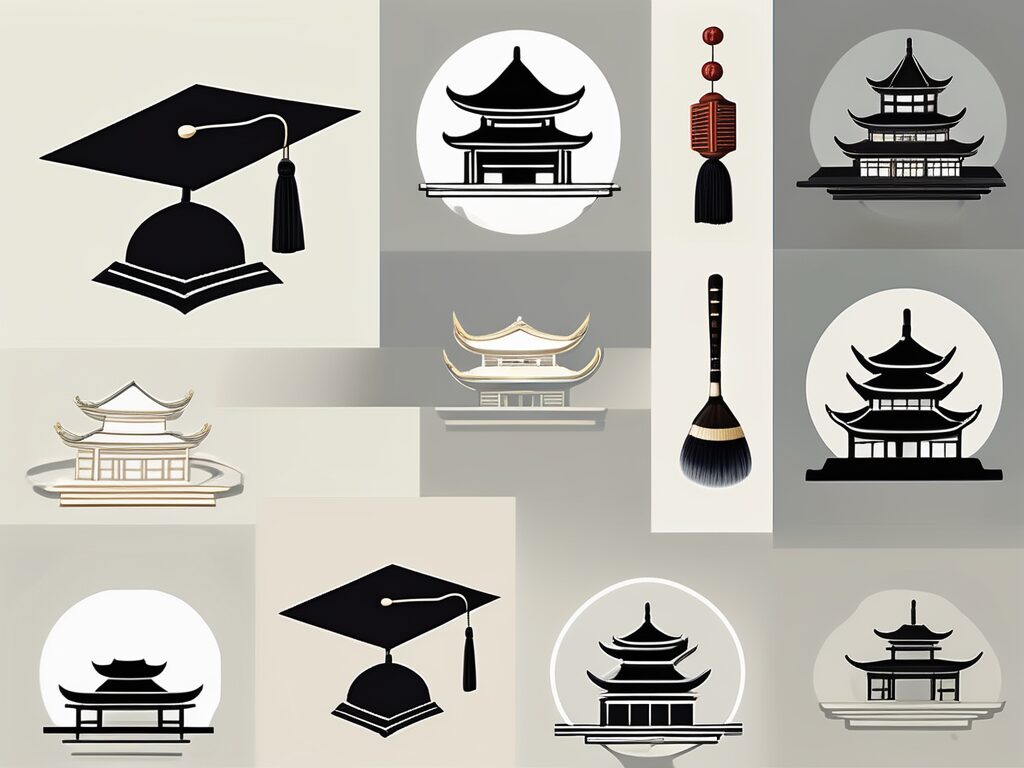The study of Arts and Humanities in China is a fascinating field, offering a rich tapestry of cultural, historical and philosophical insights. For those with a Master’s in Education, there are numerous approaches to delve into this subject, each with its unique perspective and potential for impact. In this exploration, we’ll look at four such approaches, shedding light on their significance and how they can be applied in the educational context.
1. Historical Approach
The historical approach to Arts and Humanities in China is a journey back in time. It involves studying the evolution of Chinese arts and humanities from ancient dynasties to the modern era. This approach provides a comprehensive understanding of the cultural, social, and political factors that have shaped China’s artistic and humanistic expressions.
For educators, the historical approach can be a powerful tool. It allows them to contextualise the subject matter, making it more relatable and engaging for students. For instance, when teaching about the Terracotta Army, educators can discuss its historical significance during the Qin Dynasty and its impact on subsequent art forms.
Moreover, this approach encourages critical thinking. Students are prompted to analyse historical events and their influence on arts and humanities, fostering a deeper understanding of the subject.
2. Philosophical Approach
The philosophical approach to Arts and Humanities in China is rooted in the country’s rich philosophical traditions. From Confucianism and Taoism to Buddhism and Legalism, these philosophies have significantly influenced China’s arts and humanities.
With a Master’s in Education, you can incorporate these philosophies into your teaching methodology. For example, you could explore the Confucian principles of harmony and balance through Chinese calligraphy or discuss Taoist concepts of nature and simplicity in the context of Chinese landscape painting.
This approach not only enriches students’ understanding of Chinese arts and humanities but also introduces them to philosophical thinking. It encourages them to reflect on profound questions about life, society, and the universe, enhancing their cognitive and emotional development.
3. Sociocultural Approach
The sociocultural approach to Arts and Humanities in China focuses on the social and cultural contexts of artistic and humanistic expressions. It examines how societal norms, values, and customs shape and are shaped by arts and humanities.
As an educator, you can use this approach to highlight the interplay between society and arts. For instance, you could discuss how the Cultural Revolution influenced literature and cinema, or how traditional Chinese opera reflects societal roles and expectations.
This approach fosters cultural awareness and empathy among students. It helps them appreciate the diversity and complexity of Chinese society, promoting a more inclusive and respectful worldview.
4. Interdisciplinary Approach
The interdisciplinary approach to Arts and Humanities in China integrates various academic disciplines. It recognises that arts and humanities are not isolated fields but are interconnected with other areas of knowledge such as science, technology, economics, and politics.
With this approach, you can create a holistic learning experience for students. For example, you could explore the scientific principles behind the acoustics of Chinese musical instruments or discuss the economic implications of the Chinese film industry.
This approach enhances students’ analytical and problem-solving skills. It encourages them to view issues from multiple perspectives, preparing them for the complexities of the real world.
In conclusion, these four approaches to Arts and Humanities in China offer a multifaceted exploration of the subject. With a Master’s in Education, you can utilise these approaches to create a dynamic and enriching learning environment for your students. Whether it’s delving into the annals of history, pondering philosophical concepts, understanding sociocultural contexts, or connecting interdisciplinary links, these approaches open up a world of learning possibilities.
Advance Your Educational Career with iQTS
As you explore the multifaceted world of Arts and Humanities in China, consider taking your educational career to the next level with The IQTS at UWE. Our International Qualified Teacher Status (iQTS) Programme is designed to enhance your professional development, increase your chances of career advancement, and connect you with a global community of educators. With our flexible online study options, you can balance your ongoing work commitments while gaining a deeper understanding of international curricula. Don’t let barriers hold you back. Make Your Next Step towards achieving your full potential as an educator in the global landscape.

